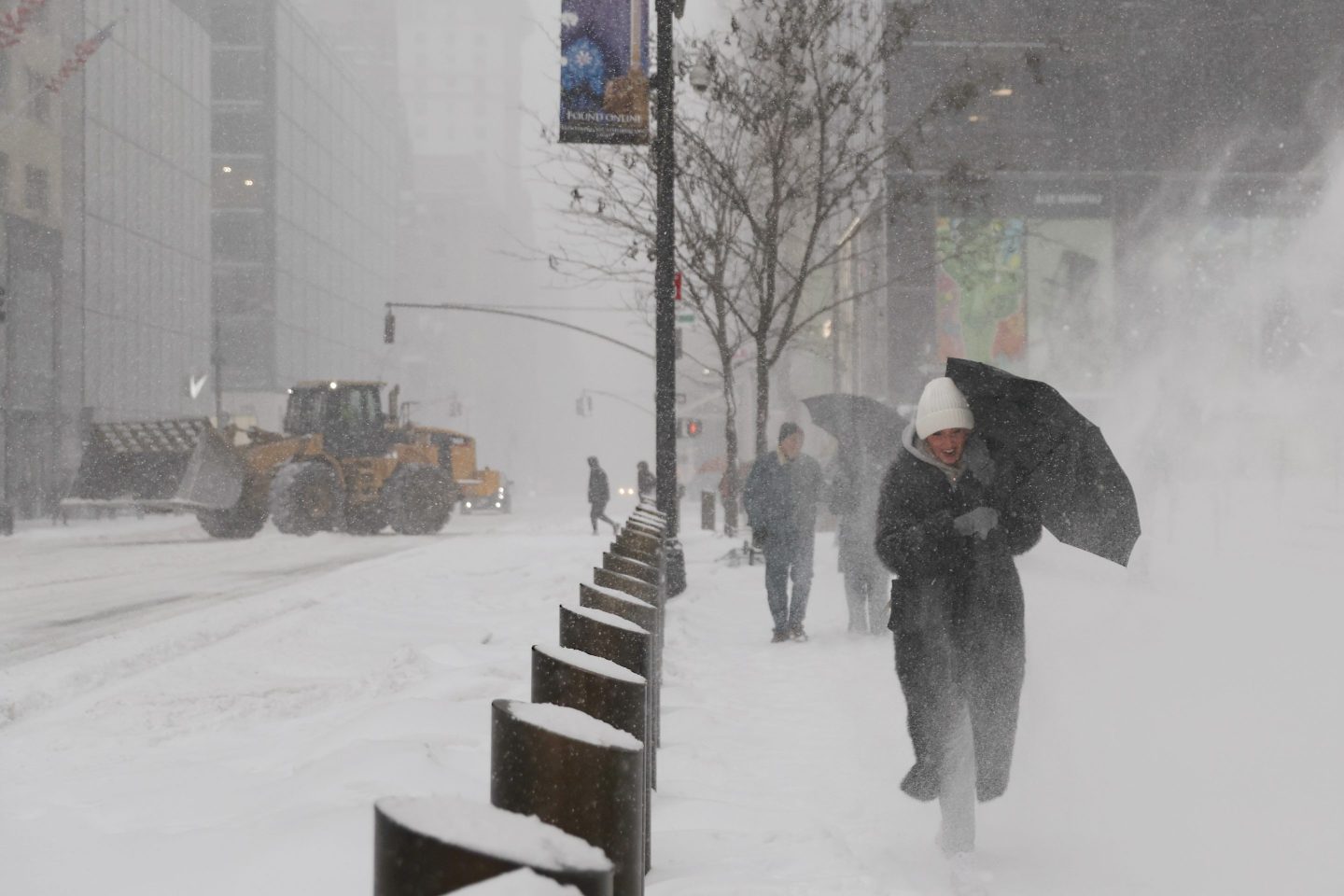Inmate Jacob Castro cuts firebreaks in the hills around Los Angeles. It’s hard work, but having been in prison for 29 years, it is a chance for redemption.
“It’s the first thing I’ve done in my life that I’m proud of,” Castro told AFP during a short break from work.
He is one of more than 900 inmates working alongside firefighters on containment or operational support in the complicated battle against fires that have ripped through Los Angeles, killing at least two dozen people and destroying homes.
Firefighters say the teams are invaluable—but not everyone is happy they are there.
Billionaire reality star Kim Kardashian last week lashed out at the scant wages they earn, in a practice some have likened to slavery.
“There are hundreds of incarcerated firefighters, risking their lives to save us,” the “Keeping Up with the Kardashians” star wrote on social media.
“They are on the Palisades fire and Eaton fire in Pasadena working 24 hour shifts. They get paid almost nothing, risk their lives… I see them as heroes.”
Inmates who work in firefighting earn between $5.80 and $10.24 per day, plus an additional $1 per hour when dealing with emergencies, according to the California Department of Corrections and Rehabilitation (CDCR).
The pay is set by legislation that allows prisoners to receive wages well below state minimums.
Liberal California had the opportunity to change this rule in a referendum in November, but voters rejected the proposal.
‘Second chance’
The practice is popular with inmates, who told AFP they see it as a chance to help society—as well as to shave time off their sentences.
“I love doing this, helping the community by making up for the bad decisions I made in life,” said Castro, who has a coveted spot in one of the fire training camps operated by the CDCR.
“It’s a chance to redeem myself.”
The inmate crews are distinguished only by their orange uniforms.
Deployed to perform manual labor, they can work shifts of up to 24 hours, just like firefighters.
They clear vegetation with axes, chainsaws and shovels, climbing up and down steep hills, removing dry fuels that spread the flames.
“This is definitely some of the hardest work I’ve done,” said Maurice Griffin, who has already been in the service for three seasons.
“It really has made a difference in my life.
“I really appreciate the opportunity to not be in prison and be out changing lives and saving lives.”
For Santana Felix Nolasco, 28, the skills and the discipline he has learned have been invaluable.
“It’s a big opportunity for every single one of us here,” he said. “They give us a second chance for those that actually really want to change,” he said, his voice cracking with emotion.
‘Huge contribution’
The inmates are among thousands of firefighters from all over the United States, as well as from Mexico, who have been fighting the flames that forced tens of thousands of people from their homes and scorched 40,000 acres (16,000 hectares).
“These guys put a lot of hard work in,” said Captain Joseph Cruz, who oversees a team working in the Palisades fire zone. “It’s a huge contribution.”
Firefighters and prisoners talk, laugh, eat and work together.
It’s a “life-changing experience for me,” said Nolasco, who wants to change his orange prisoner’s uniform for the yellow uniform of the California firefighters when he gets out.
Cruz says seeing the positive effect on the men in his charge is “very rewarding.”
“The goal is to get a change of behavior, change of lifestyle, change of previous habits that unfortunately landed in them there in the first place,” he said.
“If I retired today, and I knew that I had a couple of guys that were able to get career paths after it, after leaving here… I would be happy.
“It’s a great thing, and that’s what I do it for.”












